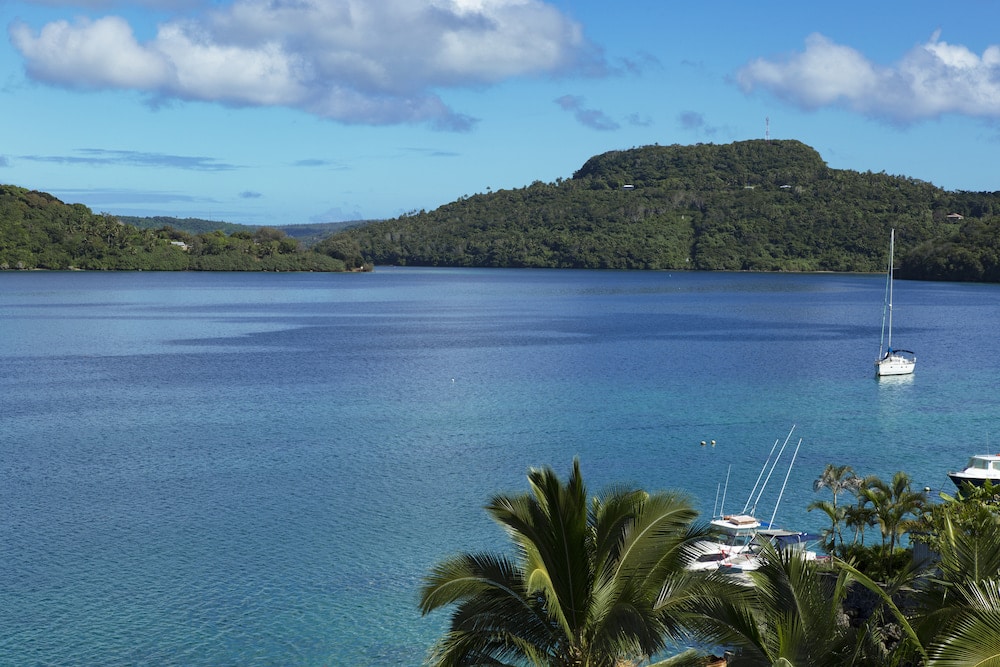European vessels introduced diseases to Pacific islands that led to severe depopulation, a new study from the Australian National University (ANU) shows.
The research indicates population declines were a lot larger than previously thought.
According to the study, the population of Tongatapu, the main island of Tonga, declined by 70 to 86 per cent once Europeans made contact.
There were between 100,000 and 120,000 people in Tonga before European contact, PhD candidate Phillip Parton and ARC Future Fellow Professor Geoffrey Clark, researchers from the ANU School of Culture, History & Language, found.
Afterwards, the population declined from 50,000 or 60,000 to 10,000 over 50 years, the researchers estimated.
The co-authors used aerial laser scanning data to map residences on the main island of Tonga, and then used archaeological data Mr Parton collected as part of his PhD to estimate the population.
“Because this [population decline] is so much larger than anything anyone had previously considered, I used shipping and missionary data to check my estimates, and found they were plausible,” Mr Parton said.
“Obviously, this shows a big reassessment of the impact of globalisation in the nineteenth century.
“As in many parts of the world, the population of Pacific islands suffered severe declines after contact when Europeans introduced new pathogens.”
The research has been published in the Journal of Archaeological Science.



